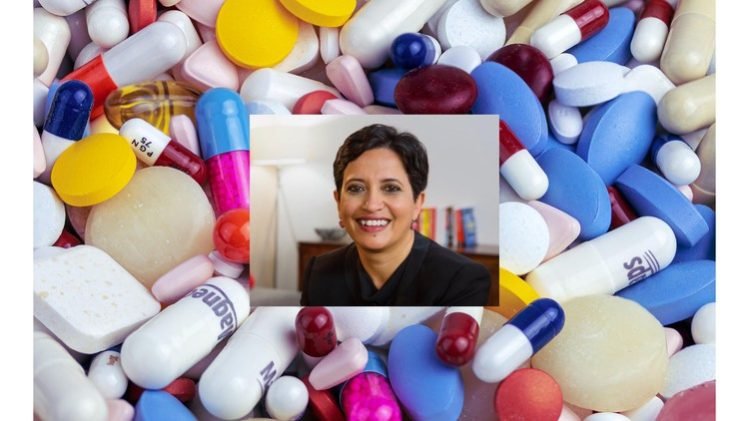The 1Mby1M Methodology is based on case studies. In this course, Sramana Mitra shares the tribal knowledge of tech entrepreneurs by giving students the rare seat at the table with the entrepreneurs, investors and thought leaders who provide the most instructive perspectives on how to build a thriving business. Through these conversations, students gain access to case studies exploring the alleys of entrepreneurship. Sramana’s synthesis of key learnings and incisive analysis add great depth to each discussion.
I’m going to speak from the point of view that each one of you would like to start a Digital Health venture of your own.
So what do you need to do to do that?
First thing to remember: you need to learn the methodology of how to build a startup. In other courses, I’ve offered you various building blocks of how to bootstrap a company, how to raise money, how investors think, etc. Please be sure to absorb all those pieces as foundational material.
In this course, we’re going to look at case studies of how entrepreneurs have built successful Digital Health ventures.
We will also look at Thought Leadership case studies of the different types of Digital Health ventures entrepreneurs are building out there. This should stimulate your thinking on what are the possibilities. Thought leaders also point out areas to investigate as open problems.
A bit of my own bias on the automation versus human debate.
If you think about what a doctor needs to do to diagnose an illness, she needs to consider all the symptoms, take into account all the test results, consider all the treatment options, factor in all the side-effects of various medications and their interplay with other medications the patient is already taking. This is, effectively, a multi-variate optimization problem that a doctor has to do in her head. And, she needs to keep up with all the new research and advances in medical science, and factor those in as well. The field of medicine is full of incorrect diagnosis and mistreatment of illnesses. Now, if you replace this whole process with software, medical diagnosis becomes a truly scientific, deterministic process. I can tell you, if I have the option of being diagnosed by software versus a human doctor, I would always prefer software. It will be far more accurate.
If the medical profession can be automated to that extent, billions of people can have access to quality medical care. Today, this number is relatively low.
Entrepreneurs have a tremendous opportunity ahead. Let’s dive in.
The 1Mby1M courses are all heavily based on interview-based case studies on Innovation, Business Models, Go To Market Strategies, Validation Principles, and various other nuances of an entrepreneur’s journey. We offer extensive opportunities for entrepreneurs to learn the lessons from the trenches from successful entrepreneurs who have done it before and Investors who support their ambition.


